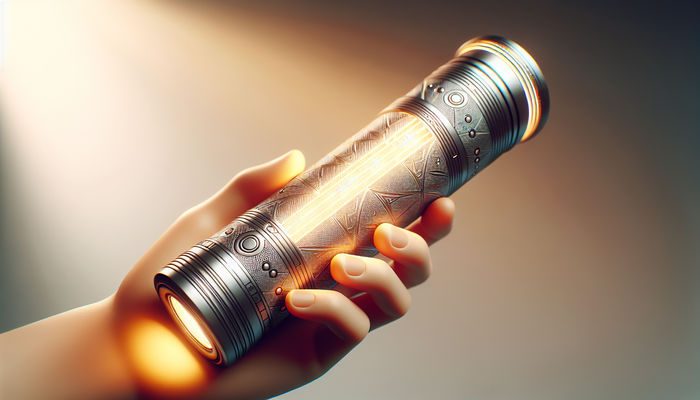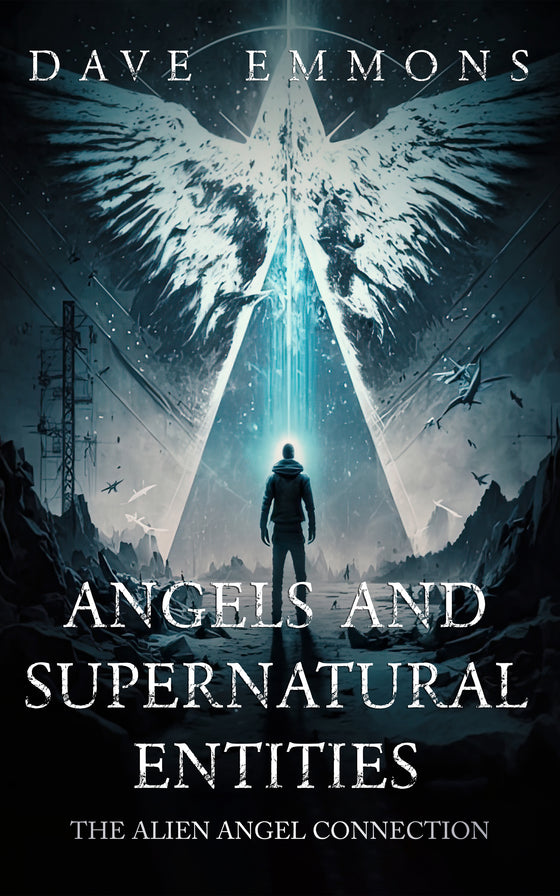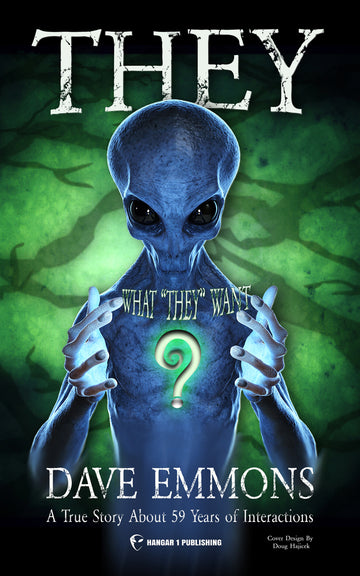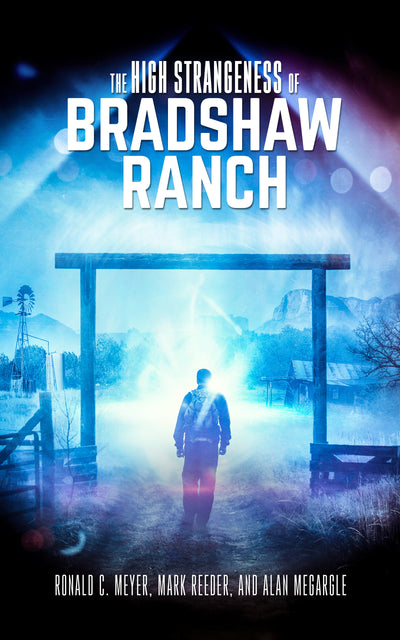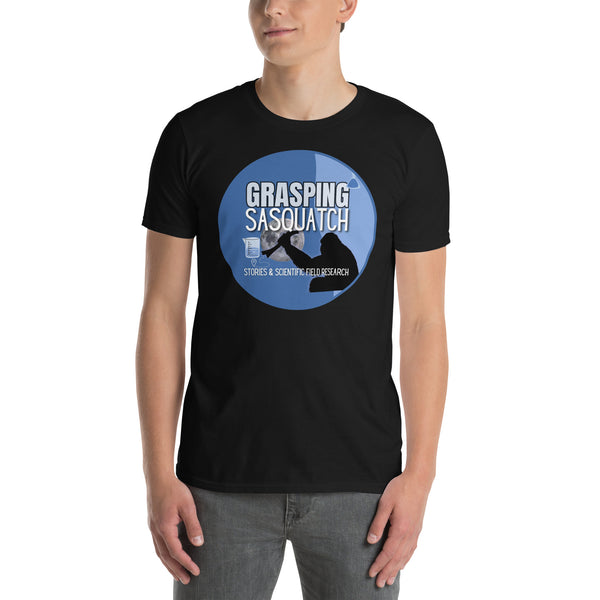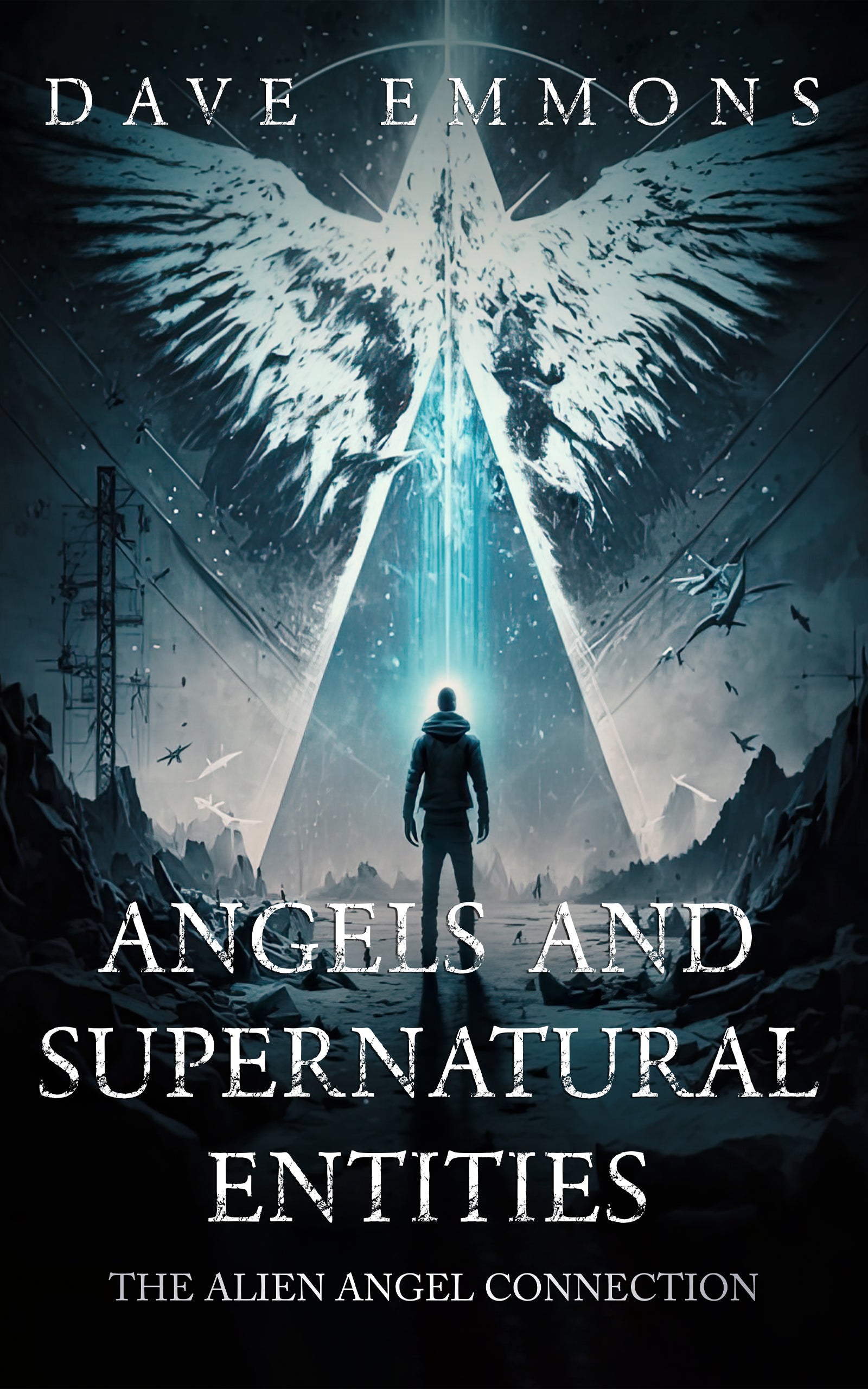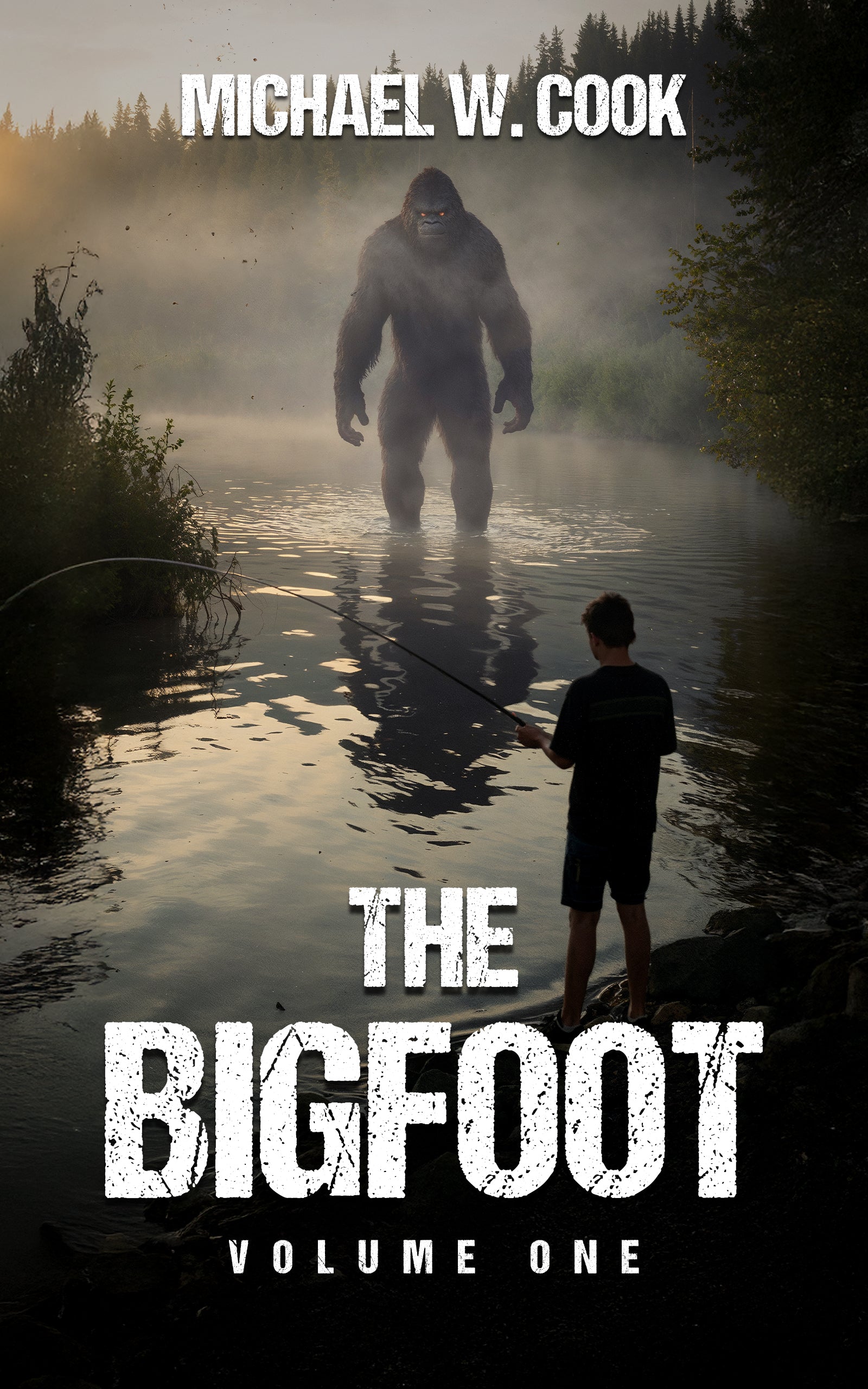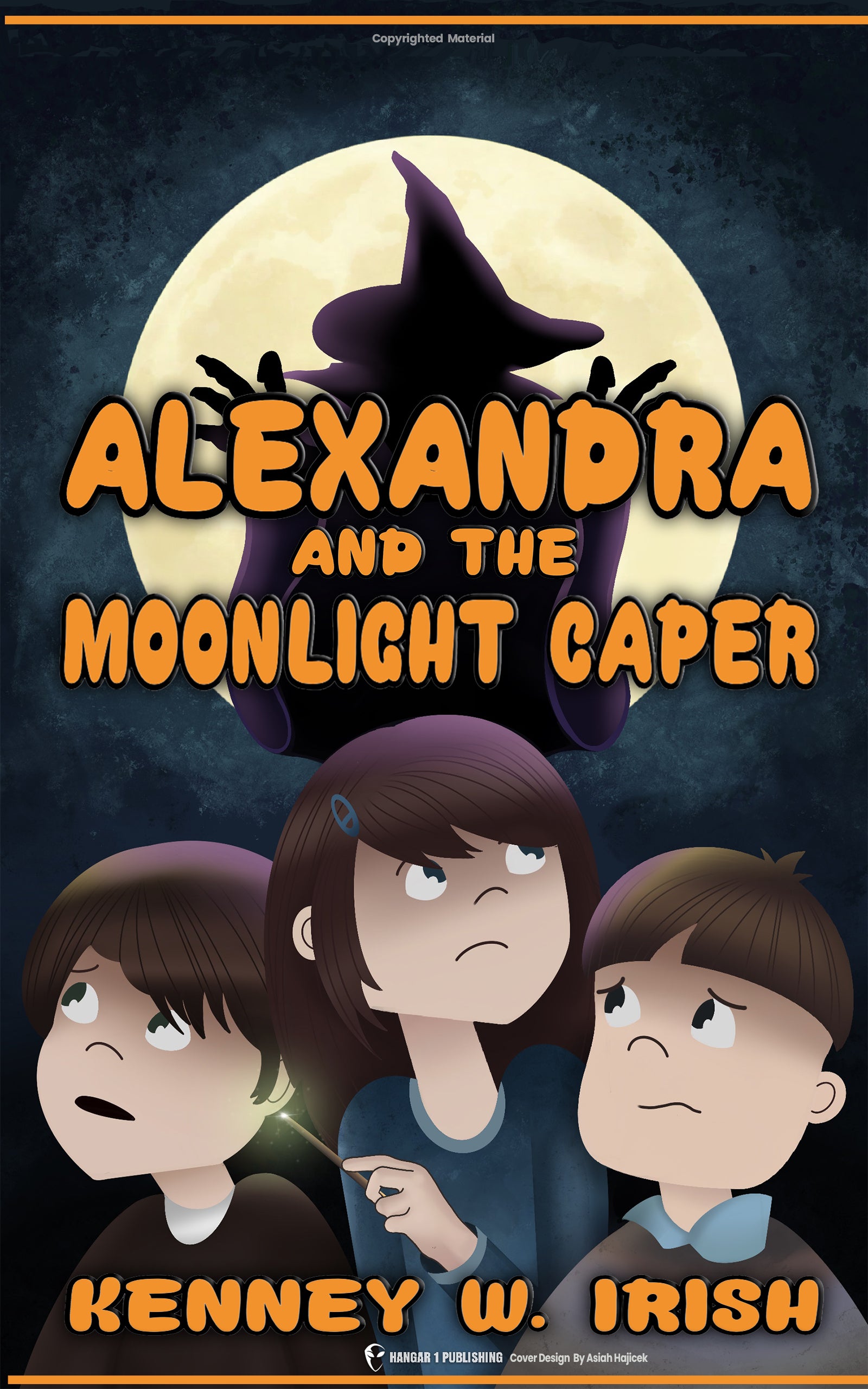UFO Abductee Support Groups: Finding Connection

By Howard Callahan, Ufologist
Introduction: The Silent Scream – Finding Voice in the Unbelievable
Imagine carrying a secret so profound, so shattering to your sense of reality, that speaking it aloud feels impossible. Picture the weight of an experience that defies explanation, leaving you isolated in a world that demands neat, tidy answers. This feeling, a kind of silent scream trapped within, is often the starting point for individuals who believe they have encountered something extraordinary – beings not of this Earth, experiences often labeled as "alien abductions." These individuals, frequently preferring the term "experiencers," find themselves adrift, grappling with memories or inexplicable gaps in time that leave them questioning their own sanity.
The phenomenon of reported alien abduction is a knotty one, tangled with cultural narratives, psychological interpretations, and enduring mystery. Yet, strip away the layers of debate about objective reality, and you find a fundamental human truth: the profound need for connection, especially when faced with the utterly inexplicable. When your reality shifts under your feet, the instinct is to reach out, to find someone, anyone, who understands.
This is where a largely unseen network comes into play: UFO abductee support groups. These gatherings, often held quietly in community centers, private homes, or increasingly, in the digital realm, provide a unique sanctuary. They are spaces dedicated to validating experiences that society at large often dismisses or ridicules. Within these circles, the silent scream finds a voice, and the crushing weight of isolation begins to lift. This article will explore the world of these support groups – why they are essential, how they function, the diverse individuals they attract, the challenges they navigate, and the vital role they play in the lives of those touched by this persistent enigma. We're looking at the human heart of a phenomenon that continues to challenge our understanding of the world and our place within it.
The Isolation Barrier: Why Support is Essential
Try telling someone – a friend, a family member, a doctor – that you believe you were taken aboard an alien craft. The likely reactions range from disbelief and awkward silence to outright ridicule or concern for your mental well-being. As Joanne Summerscales, an organizer for the UK-based support group AMMACH, puts it, "Saying that you have been abducted by aliens is something that is not socially OK. It’s very hard to come forward." This societal barrier is immense. Experiencers often fear being labeled "crazy," losing jobs, damaging relationships, or even being unnecessarily medicated. The very act of sharing their perceived reality can lead to profound social isolation.
This isolation extends into attempts to seek professional help. While some mental health professionals approach these accounts with openness, many others view them through the lens of established psychological phenomena. Explanations like sleep paralysis – that state where you're awake but can't move, often accompanied by vivid, sometimes terrifying hallucinations like flashing lights, buzzing, or sensing a presence – are frequently offered. Research notes strong similarities between these episodes and abduction accounts. False memory syndrome, the idea that memories can be unintentionally altered or even created, particularly under suggestion or through hypnosis, is another common explanation. Consider the case of "Ms. S", reported in The Hospitalist, whose alien abduction experiences, beginning at age 3, ultimately aligned with a diagnosis of familial sleep paralysis, complete with hypnagogic hallucinations. While these explanations hold scientific weight, for the experiencer convinced of an external reality, they often feel dismissive, leaving them unheard and further isolated.
The personal cost can be devastating. Relationships crumble under the strain of such extraordinary claims. Kim Carlson, an attendee of a California support group described in the Los Angeles Times, shared how her boyfriend of five years ended their relationship, telling her, "‘When you get through this UFO business, give me a call.’" This kind of rejection deepens the sense of being profoundly alone. Whether the individual interprets their experience as a terrifying violation or a strange, perhaps even meaningful, encounter, the result is often the same: a feeling of being fundamentally different, set apart from the normal flow of human experience. This deep-seated isolation is precisely why support groups become not just helpful, but essential.
Finding Safe Harbor: The Nature and Purpose of Support Groups
Think of these support groups as lighthouses in a fog of disbelief. They are intentionally created safe harbors, offering, as Joanne Summerscales described, a "respectful, dignified ear" to those carrying the burden of inexplicable experiences. In places like the UFOlogy Society Support Group in Plano, Texas, members gather, share iced tea and cake, and discuss everything from recent alleged encounters to comparing photos of unexplained scars or drawings of spacecraft. It’s a space free from the judgment and skepticism that permeates the outside world.
Validation
Perhaps the most crucial function of these groups is validation. Imagine the relief of finally telling your story – levitating from your bed, seeing strange beings, losing hours of time – and having others nod in understanding, perhaps sharing similar tales. Debbie Starborn, co-founder of Starborn Support, emphasized how people initially think "you’re completely insane." Hearing others echo your experiences provides powerful confirmation, chipping away at the self-doubt and fear. It’s the realization that "they no longer feel weird and lonely because they know that others have experienced the same thing," as Lacy Shields, a Texas group organizer, noted.
The Power of the Shared Narrative
This leads directly to the power of the shared narrative. It's not just about individual stories, but about weaving them together. Members compare details – the appearance of "Greys" or "Mantis beings," the sequence of events on an examination table, the specific nature of communication (often described as telepathic). This collective recounting helps build a coherent framework around experiences that otherwise feel chaotic and nonsensical. While skeptics might see this as reinforcing delusion, for participants, it's a vital process of making sense of their perceived reality and finding common ground.
Coping Mechanisms and Emotional Support
Beyond the sharing of stories, these groups offer crucial coping mechanisms and emotional support. Alien encounters, as described, are often traumatic. The research highlights that experiencers can suffer from anxiety, depression, insomnia, and symptoms mirroring Post-Traumatic Stress Disorder (PTSD). Some researchers even propose a specific "Post Abduction Syndrome" (PAS) to describe the cluster of symptoms related to these experiences, though it's not formally recognized. Support groups become a place to process this trauma, share fears, and learn coping strategies from others who have walked a similar path. Humour, surprisingly, can even play a role, allowing survivors, as one article suggests, to "see how they can cope and thrive."
Sense of Community and Belonging
Ultimately, these groups foster a profound sense of community and belonging. The isolation faced by experiencers is often immense. Finding a group of people who "get it," who understand the fear, the confusion, maybe even the bizarre moments, creates powerful bonds. Matthew Moniz, Starborn Support’s scientific adviser, compared this connection to that of "combat vets," stating, "Our combat is just on a different battlefield." Simply knowing you're not alone, that others share this strange and difficult journey, can be incredibly healing.
The Landscape of Support: Exploring Different Group Models
Just as the experiences themselves vary, so do the support groups designed to help people navigate them. It's not a monolithic entity, but rather a diverse landscape catering to different needs and preferences.
Peer-Led Communities
Many groups function as peer-led communities. Think of the structure described by anthropologist Susan Lepselter, modeled perhaps on Alcoholics Anonymous, where folks sit in a circle and simply testify to their uncanny experiences. These groups often arise organically, driven by the members' shared need for connection and understanding, focusing primarily on mutual support and storytelling in a relaxed, confidential environment.
Groups Aligned with UFO and Abduction Research
Then there are groups more closely aligned with the world of UFO and abduction research. Figures like Budd Hopkins, David Jacobs, and John E. Mack, who extensively interviewed experiencers and often used hypnotic regression, were instrumental in shaping the public understanding (and controversy) surrounding abductions. Some support groups emerged directly from their work or are led by individuals trained in these methods, like certified hypnotherapists offering regression analysis to help members recall missing time or clarify sightings. Websites like Abduct.com list facilitators offering these services, often alongside group meetings.
Therapeutic Orientation Groups
A third model involves groups with a more distinct therapeutic orientation. These might be facilitated by licensed mental health professionals or therapists who specialize in trauma or anomalous experiences. The focus here blends peer support with more structured therapeutic techniques, possibly including formal group therapy sessions or pathways to individual counseling. The case study of "Ms. S" suggests how a clinical professional might integrate therapeutic approaches while acknowledging the reality of the patient's reported experiences and resulting trauma, even if attributing them to a condition like sleep paralysis. Discussions on forums like Alienhub mention groups connected to therapists, like Yvonne Smith's CERO, functioning as both social events and "group therapy."
Online Communities
Naturally, the digital age has brought forth online communities. Forums like Alienhub or groups found via platforms like Meetup.com offer accessibility and a global reach, connecting individuals who might lack local, in-person options. These online spaces allow for candid expression and interaction, though participants note the quality can vary, sometimes attracting enthusiasts rather than experiencers, or even individuals attempting to exploit stories.
Organized Entities
Finally, some support networks have grown into significant organized entities. Starborn Support, founded by the Hewins twins in Maine, is a prime example. What started from personal experience grew into a national support group with a hotline receiving thousands of calls, multiple chapters across the US and even internationally, and annual conferences like "Experiencers Speak," drawing hundreds of attendees and featuring prominent figures from the field. This demonstrates the potential for these grassroots efforts to evolve into substantial organizations providing structured support and community on a larger scale.
Inside the Circle: Experiences Shared and Complexities Explored
Step inside the circle of a support group meeting, whether physical or virtual, and you enter a realm where the extraordinary is treated as shared reality. The narratives discussed often contain recurring elements that form the bedrock of the collective abduction phenomenon. Members share accounts of missing time – hours inexplicably vanished from their lives. They compare physical marks – strange scars, scoop marks, or puncture wounds discovered upon waking. They describe encounters with various entities – the ubiquitous small "Greys" with large black eyes, spindly "Mantis beings," taller "Nordics," or even reptilian figures. Detailed accounts of pseudo-medical examinations are common, often focusing on reproductive systems, involving probes, needles, or the extraction of biological material. These aren't just isolated anecdotes; within the groups, they become shared reference points, threads connecting individual experiences into a larger, unsettling tapestry.
Emotional Landscape
The emotional landscape painted in these sessions is vast and varied. For many, the core experience is one of intense fear and trauma. The paralysis, the feeling of helplessness, the invasive procedures – these elements can lead to genuine psychological distress, resembling PTSD or the proposed Post Abduction Syndrome (PAS), characterized by flashbacks, nightmares, anxiety, and hyper-vigilance. Yet, the response isn't uniformly negative. Some experiencers express profound confusion or even curiosity. Others find a strange sense of purpose, feeling they were "chosen" for contact, perhaps to act as intermediaries or receive warnings about the planet's future. Debbie Starborn articulated this, suggesting people like her "are chosen to be speakers for the truth." This reframing can be a powerful coping mechanism, transforming a terrifying event into something meaningful.
Recovered Memories and Hypnosis
Central to many abduction narratives are recovered memories. Experiences initially shrouded in amnesia or confusion are often brought into focus through various means, including therapy or, significantly, hypnosis. Many prominent researchers like Budd Hopkins and David Jacobs relied heavily on hypnotic regression to help experiencers access seemingly buried details. Proponents argue hypnosis allows bypassing conscious filters or repression to reveal the "truth" of the event.
The Hypnosis Conundrum
However, this brings us to the hypnosis conundrum. The use of hypnosis to retrieve memories, particularly traumatic or unusual ones, is highly debated. Skeptics, including many psychologists, argue compellingly that hypnosis is highly susceptible to suggestion and can easily lead to confabulation – the creation of false memories. They point out how leading questions or the therapist's own beliefs could inadvertently shape the "recovered" narrative. Research highlighted by Greg Sandow and others notes that controlled studies often fail to show hypnosis reliably improves memory recall and can even make it less reliable. Yet, proponents like John Mack countered that much abduction material surfaces without hypnosis, and that the emotional intensity of the recall under light relaxation suggests genuine reliving of experience, not mere fantasy. Furthermore, as Sandow points out, the sheer consistency across thousands of accounts, many emerging consciously, challenges the idea that hypnosis alone is the source. This debate often plays out within the community itself, with some experiencers wary of hypnosis while others find it invaluable.
Differing Perspectives and Internal Debates
These groups aren't always echo chambers. Differing perspectives and internal debates can arise. The Alienhub forum discussion provides a fascinating glimpse: friction between those identifying as "abductees" (implying non-consensual experience) and "contactees" (suggesting a more willing interaction), frustration when spiritual or New Age interpretations clash with desires for factual analysis ("Annunaki" example), or debates about the nature of the entities themselves.
Unusual Phenomena
Perhaps most intriguing are the anecdotal reports of unusual phenomena occurring simply because experiencers gather. One Alienhub participant mentions hypnotherapist Yvonne Smith observing strange occurrences during her group sessions, suggesting a kind of collective energy or field effect. While lacking rigorous documentation in the provided research, it adds another layer of high strangeness to the dynamics within these unique communities.
Navigating the Skeptical World: Challenges and Resilience
Living with the belief you've been abducted by aliens means constantly bumping up against a formidable wall of disbelief. Mainstream society, grounded in a materialist worldview, struggles to accommodate such claims. The fear of ridicule, being dismissed as delusional, or having one's experiences pathologized is a constant companion for many experiencers. This external skepticism, ironically, often reinforces the profound need for the validation and acceptance found within support groups. When the outside world doubts your reality, the affirmation of peers who share that reality becomes a lifeline.
Lack of Scientific Consensus and Official Recognition
This skepticism is mirrored in the lack of scientific consensus and official recognition. While researchers debate potential psychological explanations like sleep paralysis or false memories, and point to the lack of consistent, verifiable physical evidence (despite anecdotal claims of implants or strange stains like those David Jacobs showed Greg Sandow), they haven't definitively proven abductions *don't* happen in some form. Governments, even while acknowledging the reality of Unidentified Aerial Phenomena (UAPs) – as evidenced by the Pentagon's reports and the NSA's long list of UFO-related search terms yielding no records – carefully avoid attributing them to extraterrestrial intelligence or addressing abduction claims directly. This ambiguity leaves experiencers in a frustrating limbo, their narratives lacking the stamp of official or scientific validation.
Media Portrayals
Media portrayals add another layer of complexity. While some documentaries or news reports attempt sensitive portrayals, abduction experiences are often sensationalized or used for comedic effect (like the TV show "People of Earth," centered around a support group). Experiencers themselves can be wary of media attention, fearing misrepresentation or exploitation, as noted by the Hewins sisters after a negative experience with a major network show. These portrayals influence public perception, often reinforcing stereotypes and making it harder for individuals to be taken seriously.
Desire for External Validation
Amidst this, many experiencers harbor a deep desire for external validation, for some piece of tangible proof to confirm their reality, not just to others, but sometimes even to themselves. The Alienhub forum captures this yearning for "concrete proof" or "hard data." The difficulty in obtaining such evidence – the transient nature of the alleged encounters, the lack of consistent physical traces – remains a significant challenge for the community.
Resilience and Agency
Despite these hurdles, the existence and persistence of these support groups showcase remarkable resilience and agency. Facing disbelief and potential trauma, individuals actively seek out connection, share their truths as they perceive them, and find ways to cope and integrate these extraordinary experiences into their lives. Participating in a support group is, in itself, an act of reclaiming narrative control, refusing to be silenced or defined solely by skepticism. It's a testament to the human spirit's drive to find meaning and community, even when confronted by the most profound strangeness.
The Broader Context: Abduction Beliefs and Societal Implications
The belief in alien abduction doesn't exist in a vacuum. Research, like the clinical study by Perrotta, suggests a correlation between those reporting abduction experiences and a broader belief in or attraction to paranormal phenomena. This doesn't invalidate their experience, but it does suggest that for some, the abduction narrative fits within a pre-existing framework that accepts possibilities beyond conventional science. The same study noted a prevalence of believing individuals with a "medium-low or not fully educated cultural level" in their specific sample, hinting at potential socio-cultural factors, though such findings require cautious interpretation due to sample limitations.
Psychological Factors and Alternative Interpretive Frameworks
Revisiting the psychological factors is crucial, not to dismiss the experiences, but to understand the role support groups play. Phenomena like sleep paralysis with hypnagogic/hypnopompic hallucinations (vivid dreamlike states upon falling asleep or waking) offer plausible scientific explanations for many core elements of abduction reports – paralysis, sensed presence, floating sensations, even encounters with strange figures. False memory formation, especially through suggestive techniques sometimes employed in therapy or hypnosis, provides another avenue for conventional explanation. Support groups, however, offer an *alternative interpretive framework*. Instead of seeing these events as solely internal psychological phenomena, the group context reframes them as evidence of shared external encounters. It provides a narrative that validates the subjective feeling of reality. Intriguingly, research on the psychological profiles of abductees yields mixed results. Some studies find traits like heightened fantasy proneness or mild paranoia, while others, like Richard McNally's work at Harvard or the MMPI data cited in The Hospitalist, conclude that abductees, as a group, show no more overt psychopathology than the general population. Some common traits noted include high psychic energy, self-sufficiency, and a tendency to question authority.
Cultural Currents and Resonances
Beyond individual psychology, abduction narratives can tap into deeper cultural currents and resonances. Anthropologist Susan Lepselter's work suggests these stories may echo historical traumas and societal anxieties – themes of captivity, invasion, bodily violation, powerlessness, and even ecological concern. The imagery reported – scientific examinations, hybrid beings – can resonate with fears surrounding science, genetics, and the loss of control in a technologically advancing world. Support groups become spaces where these often unspoken cultural anxieties can surface and be collectively processed through the specific lens of the abduction narrative.
Enduring Mystery
Ultimately, despite various attempts at explanation – psychological, sociological, or cultural – the subjective experience of the alien abduction phenomenon remains a potent and enduring mystery for those who report it. As the late Dr. John E. Mack, a Harvard psychiatrist who famously investigated abductees, concluded, "The furthest you can go at this point is to say there's an authentic mystery here." Support groups exist precisely at this intersection of personal experience and profound mystery, providing the human scaffolding needed to navigate it.
The Future of Support: Adapting and Growing
Like any community built around shared experience, the world of UFO abductee support groups is not static. The needs of experiencers inevitably evolve. Initial contact might bring overwhelming fear and trauma, requiring crisis support and validation. Later, individuals might seek deeper understanding, explore potential meanings, or grapple with integrating the experiences into their ongoing lives. Support groups must adapt, shifting focus from solely validating the initial shock to facilitating long-term coping, meaning-making, and potentially even exploring the perceived spiritual or purposeful aspects some experiencers report.
Technology's Impact
Technology is undeniably reshaping the landscape. Online forums, social media groups, and virtual meetings via platforms like Zoom offer unprecedented accessibility. Someone in a remote area, or perhaps someone initially hesitant to attend an in-person meeting, can now connect with a global community of experiencers. This expands reach but also introduces challenges – maintaining confidentiality, ensuring group cohesion, and navigating the potential pitfalls of online interactions noted in forum discussions (like encountering trolls or misinformation).
Potential for Increased Collaboration
Looking ahead, there's potential for increased collaboration, though historical tensions exist. Bridging the gap between experiencer support groups, cautious-but-open researchers, and informed mental health professionals could lead to better understanding and more effective support strategies. Acknowledging the reality of the *reported experience* and its psychological impact, regardless of its ultimate cause, might be a crucial first step towards more productive dialogue.
Shifting Public Perception
Finally, the broader shifting public perception around UAPs could have unforeseen effects. As government bodies acknowledge unexplained phenomena and mainstream discussion increases, will this reduce the stigma associated with abduction claims? Or will it lead to new forms of scrutiny or interpretation? How these societal shifts impact the dynamics, needs, and visibility of support groups remains an open question. The journey for these groups, like the experiences they center around, is undoubtedly ongoing.
Finding Connection: A Testament to the Human Spirit
When all the layers are peeled back – the strange lights, the missing time, the beings with large eyes, the scientific debate, the societal skepticism – what remains at the core of UFO abductee support groups is something profoundly human: the desperate, fundamental need for connection. It's the instinct to find understanding when confronted with something that shatters understanding itself, to seek community when faced with experiences that isolate.
Significance of the Groups
Whether one believes the stories told within these groups represent encounters with extraterrestrial life, profound psychological experiences, or something else entirely, the significance of the groups themselves is undeniable. They stand as a testament to the power of shared experience in mitigating trauma and fostering resilience. They provide a space where individuals, often marginalized and disbelieved, can reclaim their narratives and find validation for their perceived reality.
Space for the Extraordinary
These groups carve out a vital space for the extraordinary in a world that often demands ordinary explanations. They offer a sense of normalcy, camaraderie, and acceptance within a community uniquely equipped to understand. For many experiencers, the journey doesn't end after an alleged encounter; it's an ongoing process of integration and coping. Support groups serve as crucial anchors throughout that often bewildering journey, proving that even in the face of the deepest mysteries and the most isolating experiences, the drive to find connection, to share our stories, and to support one another remains an unshakeable part of the human spirit.
From Bigfoot to UFOs: Hangar 1 Publishing Has You Covered!
Explore Untold Stories: Venture into the world of UFOs, cryptids, Bigfoot, and beyond. Every story is a journey into the extraordinary.
Immersive Book Technology: Experience real videos, sights, and sounds within our books. Its not just reading; its an adventure.



